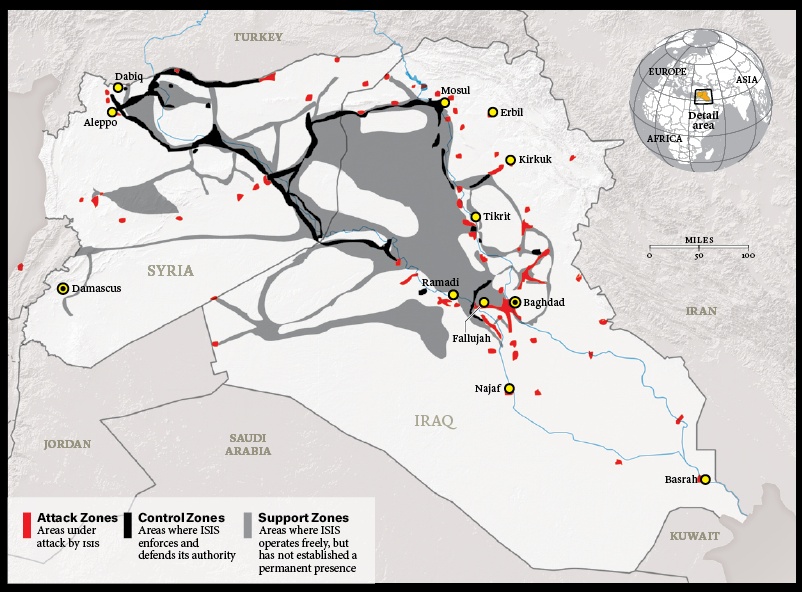It’s all a bit confusing, so Mr. Coyne has thoughtfully straightened out and recast the Prime Minister’s statement:
Still, in any mission, you need to make choices, even false ones. We can’t do everything. Rather, in the fight against ISIL we have chosen to do everything except the one thing our allies have asked us to do: fight ISIL. While Canadians have always been prepared to fight, we believe that in this campaign there are better ways we can contribute that build upon our uniquely Canadian expertise. Thus, rather than actually fly the planes ourselves, we will rely on our uniquely Canadian expertise in refuelling planes for others to fly.
Let me be clear. There is a role for bombing — just not by Canadian pilots. After all, combat is not what Canada is all about. Rather, what Canada is all about is standing by while others engage in combat on our behalf. Think of the consequences, if in the course of an airstrike aimed at ISIL one of our brave and talented Canadian pilots were to inadvertently kill a great number of innocent civilians. Whereas merely providing the fuel for the plane that does — along with aerial surveillance, and of course the essential work of identifying targets by our special forces, er, training advisers working on the ground — leaves us wholly uninvolved.
A word about those trainers. It is true that we are tripling their number, while increasing the total number of our military personnel in the region by a fifth. Here again I would caution people not to think this meant we were somehow engaged in combat. Yes, it is true that they will be installed near the front line, and yes, training will often involve taking Iraqi and Kurdish troops out on patrol, and yes, this will sometimes mean that our troops are fired upon, and yes, they will sometimes be obliged to fire back. But merely because our troops will be firing upon the enemy in a war zone or calling in airstrikes from above does not mean they will be in combat. I mean, it says right there in the platform: “We will end Canada’s combat mission in Iraq.”




